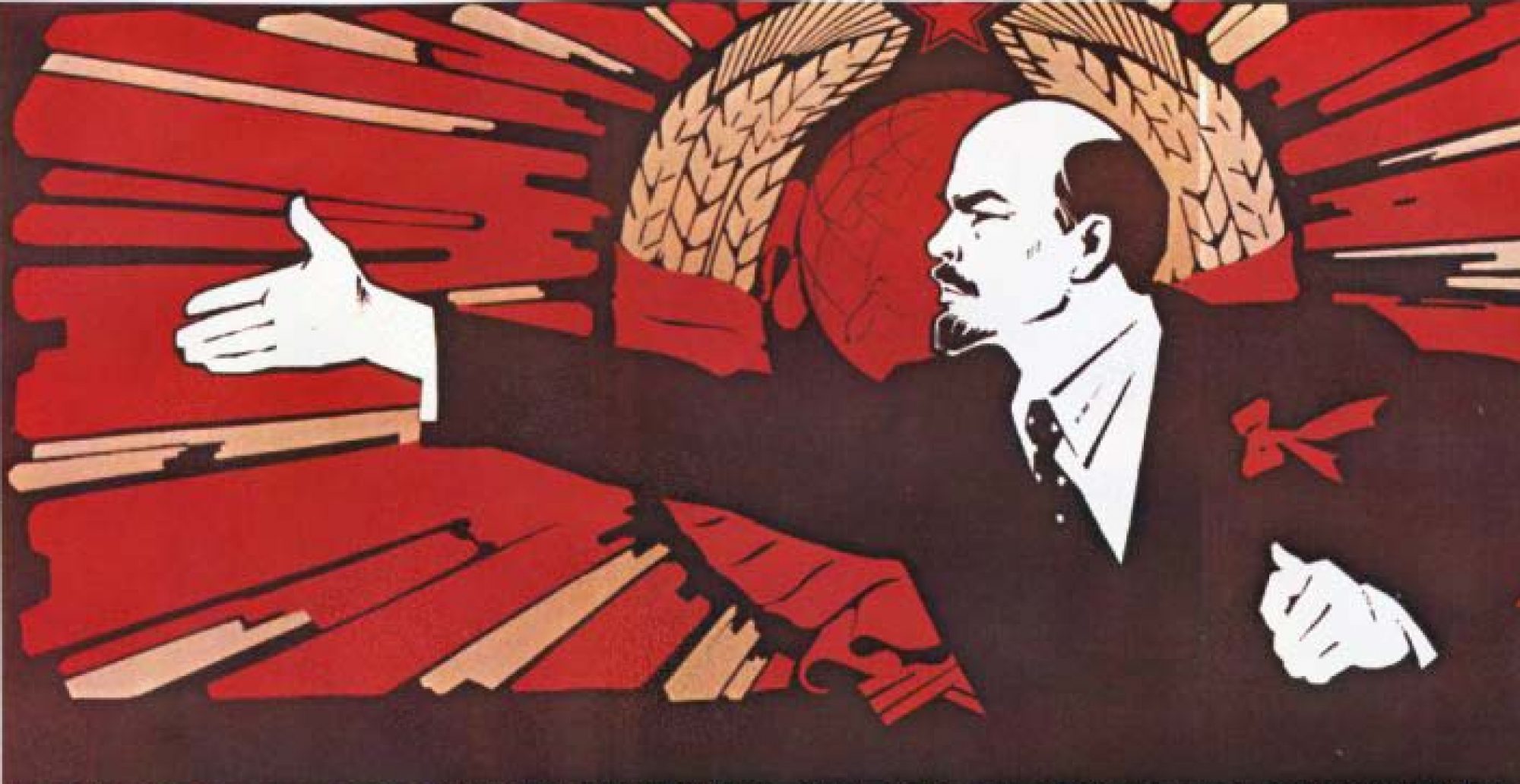“He had sown no crops.(Shayakhmetov, 13)” Shayakhemtov’s uncle was the “wealthiest” among them and was branded a kulak due to him having a decent amount of livestock. But as stated before, “he had sown no crops.” (Shay., 13). For me this one sentence had so much meaning behind it. Since the new grain laws were forced upon the peasants by the Stalin government, Shayakhemtov and his large family, had an idea of what was coming, but believed the problem was far from them. These people began to suffer from having no cash on hand to pay for grain to grow and harvest (Shay., 13). With this in mind, I’d like to think about why Shayakhemtov and his family stayed and didn’t move, or why did they stay? Along with this I ask, why was the government able to punish the poor peasants for something they (the government) had created and were doing nothing to help them? Lastly, what are your thoughts on the “guidelines” that makes someone a kulak.

Russia, the Soviet Union, and the CIS (HIS240 S20)
Revolution and its evolution!
The “guidelines” used by the Soviet government were unclear and not created with the diversity of the USSR in mind. Specifically, the requirement to acquire grain only perpetuated the capitalistic ideal of consumption ,the structure they were so vehemently trying to get away from, because the Kazakhs were forced to sell their goods for money to purchase more goods. That is to say the Kazakhs were put in a position to which they had to invest their money into a specific product that was sparsely produced for sale.